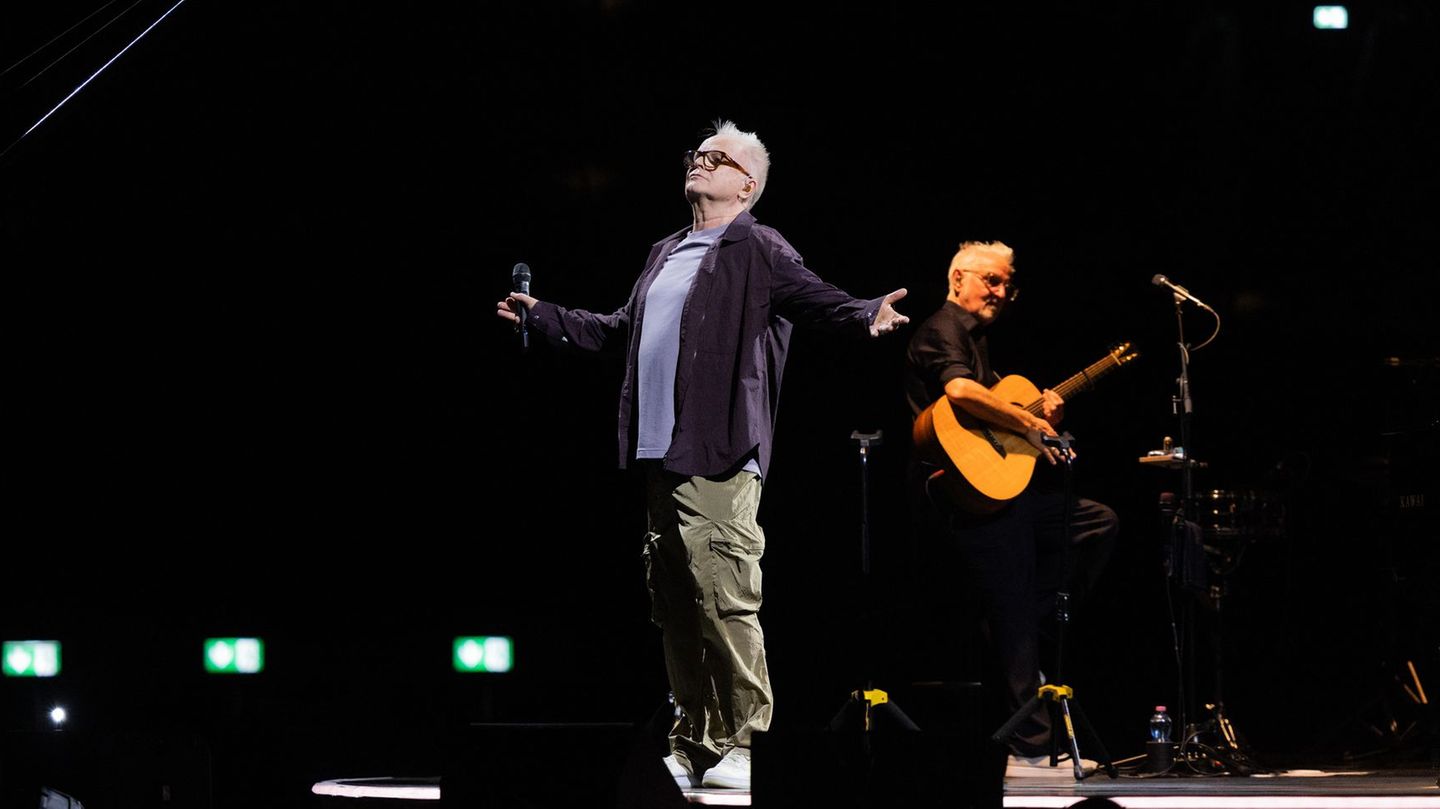I have been working in the news industry for over 6 years, first as a reporter and now as an editor. I have covered politics extensively, and my work has appeared in major newspapers and online news outlets around the world. In addition to my writing, I also contribute regularly to 24 Hours World.
Menu
State election: Brandenburg election: Will Scholz falter if Woidke falls?
Categories
Most Read
Dealing with the AfD: Guttenberg: At no point for weakening the “firewall”
October 19, 2025
No Comments
Angela Merkel and Orban: It has never been your Merkel
October 19, 2025
No Comments
Parents as driving instructors: Driving licenses should become cheaper and easier
October 19, 2025
No Comments
After a bombardment on a boat: Colombia accuses the USA of murdering a fisherman in its own sea area
October 19, 2025
No Comments
CDU meeting: AfD debate divides the Union – Merz relies on demarcation
October 19, 2025
No Comments
Latest Posts

People: Herbert Grönemeyer doesn’t like looking at himself in the mirror
October 20, 2025
No Comments
Lisa HarrisI am an author and journalist who has worked in the entertainment industry for over a decade. I currently work as a news editor

San Martín de San Juan defeated Independiente and dreams of permanence
October 19, 2025
No Comments
In a duel full of tension for permanence, San Martin de San Juan won at home by 1-0 to Independiente, on the 13th of Closing

Adverse start for the Under 20 National Team that loses 1-0 to Morocco in the World Cup final
October 19, 2025
No Comments
October 19, 2025 – 20:14 The team led by Diego Placente has just beaten Colombia 2-0 in the semifinal and will seek its seventh title
24 Hours Worlds is a comprehensive source of instant world current affairs, offering up-to-the-minute coverage of breaking news and events from around the globe. With a team of experienced journalists and experts on hand 24/7.

